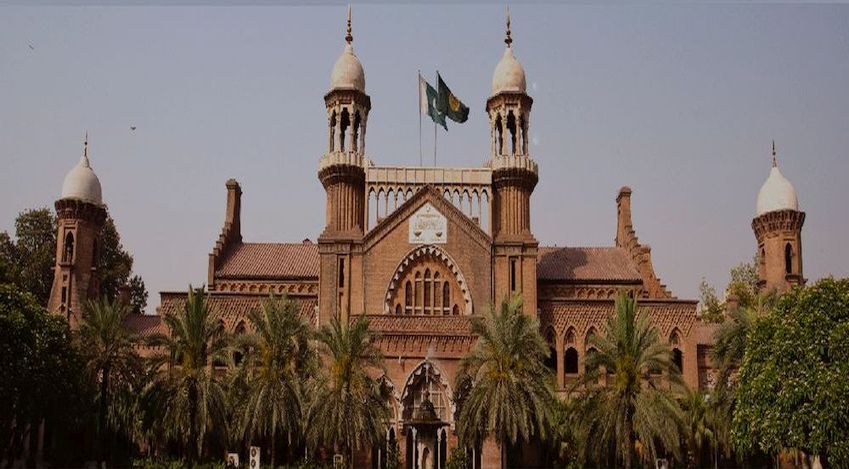The Paternity must be established before granting Child Maintenance --- Lahore High Court, Lahore
Islamabad 04-03-2025: In a landmark ruling, the Lahore High Court (LHC) has held that paternity must be established before a Family Court can order child maintenance, setting an important precedent in cases involving disputed biological relationships. The judgment, delivered by Mr. Justice Ahmad Nadeem Arshad in [Writ Petition No. 43280 of 2022], remanded the case to the trial Court for proper adjudication.
The case involved a maintenance suit filed by Respondent No. 2, a minor child, through her mother claiming that she was the biological daughter of the Petitioner. According to the Petition alleged that she conceived as a result of rape, leading to the birth of Respondent No. 2 on 27th May 2020.
A suit for maintenance was instituted in the Family Court, which awarded an interim maintenance allowance of Rs. 3,000 per month on 7th June 2022. The Petitioner denied paternity, but his defense was struck off for failure to pay interim maintenance. Consequently, the Family Court decreed the suit on 25th June 2022. Petitioner challenged this decision before the Lahore High Court.
Mr. Justice Ahmad Nadeem Arshad emphasized that a claim for maintenance cannot be granted without first determining the biological relationship between the child and the alleged father. The Court held that the burden of proof lies on the claimant (mother or child) to establish paternity through trustworthy evidence.
Key Legal Findings:
- Family Courts Act, 1964 (Section 5) grants exclusive jurisdiction over maintenance cases.
- Supreme Court’s ruling in (PLD 1995 SC 633) confirmed Family Courts’ authority.
- However, in disputed paternity cases, Family Courts must first verify paternity.
- The Court stressed that in cases where paternity is contested, DNA testing, acknowledgment, or witness testimony must confirm biological ties before a maintenance order can be passed.
- DNA testing, with 99.99% accuracy, is an acceptable method to establish paternity.
- The ruling aligns with Islamic principles of Qiyafah (physical resemblance) and modern forensic science.
- Under Islamic law, an illegitimate child does not inherit from the father, but Courts can still order financial support.
International examples cited:
- Bangladesh (Nari O Shishu Nirjatan Daman Ain, 2000, Section 13) mandates maintenance for children born of rape.
- India (Bharatiya Nagarik Suraksha Sanhita, Section 144) holds fathers accountable for both legitimate and illegitimate children.
- Lahore High Court cited the precedent set in Nadeem Maqsood Vs. The State (2015 P.Cr.L.J 1633), where Rs. 1 million in compensation was awarded to a child born out of rape.
- The Federal Shariat Court has also ruled that a putative father can be held financially liable.
- The Lahore High Court set aside the Family Court’s decision and remanded the case for fresh proceedings.
- The trial Court must first record evidence to establish paternity.
- If paternity is proven, the maintenance claim can proceed.
This judgment establishes a crucial legal precedent for cases involving:
- Paternity disputes in maintenance claims.
- Scientific reliance on DNA testing in family law.
- The evolving interpretation of Islamic and Pakistani law regarding illegitimate children.
The Lahore High Court’s ruling is a landmark decision in family law, balancing Islamic legal principles, modern scientific methods, and international legal practices. The judgment clarifies that paternity determination is a prerequisite before any maintenance obligation is imposed.
Powered by Froala Editor








